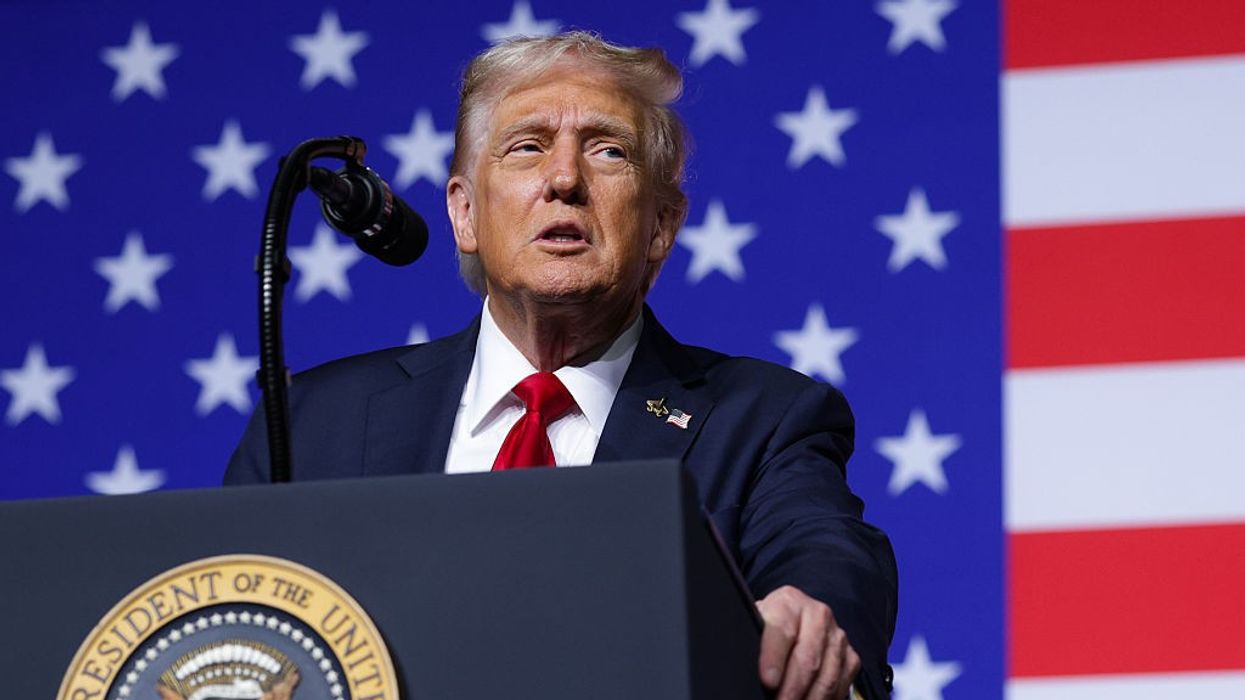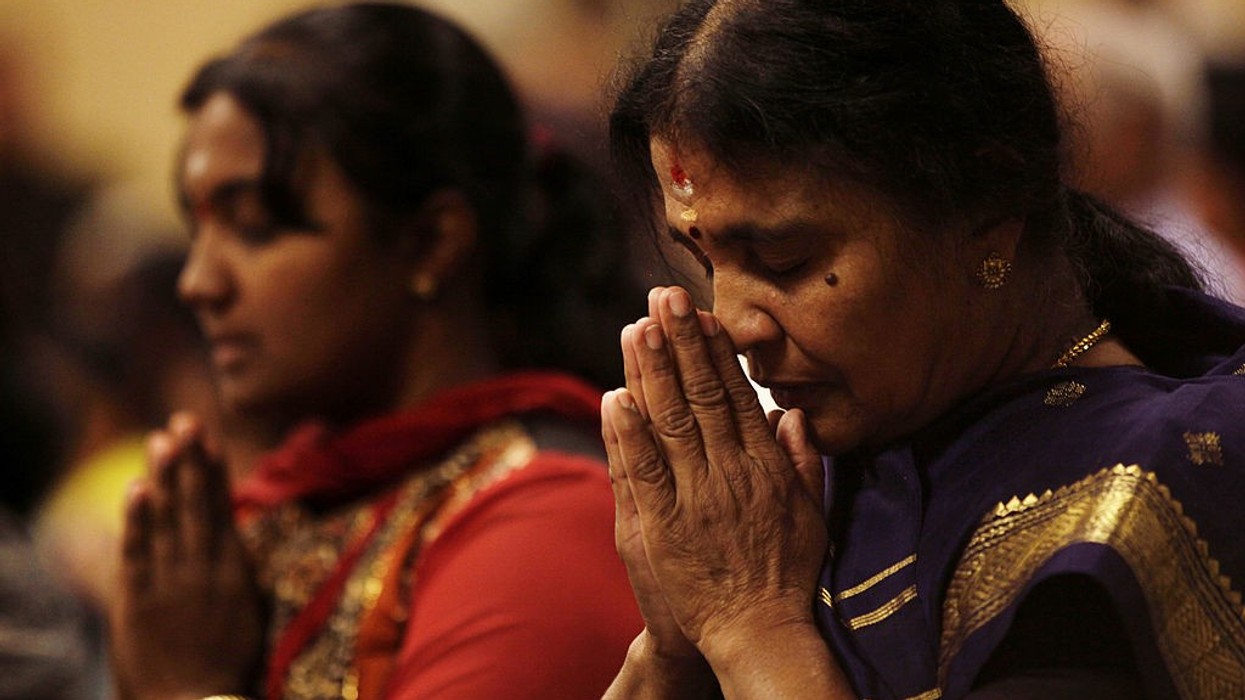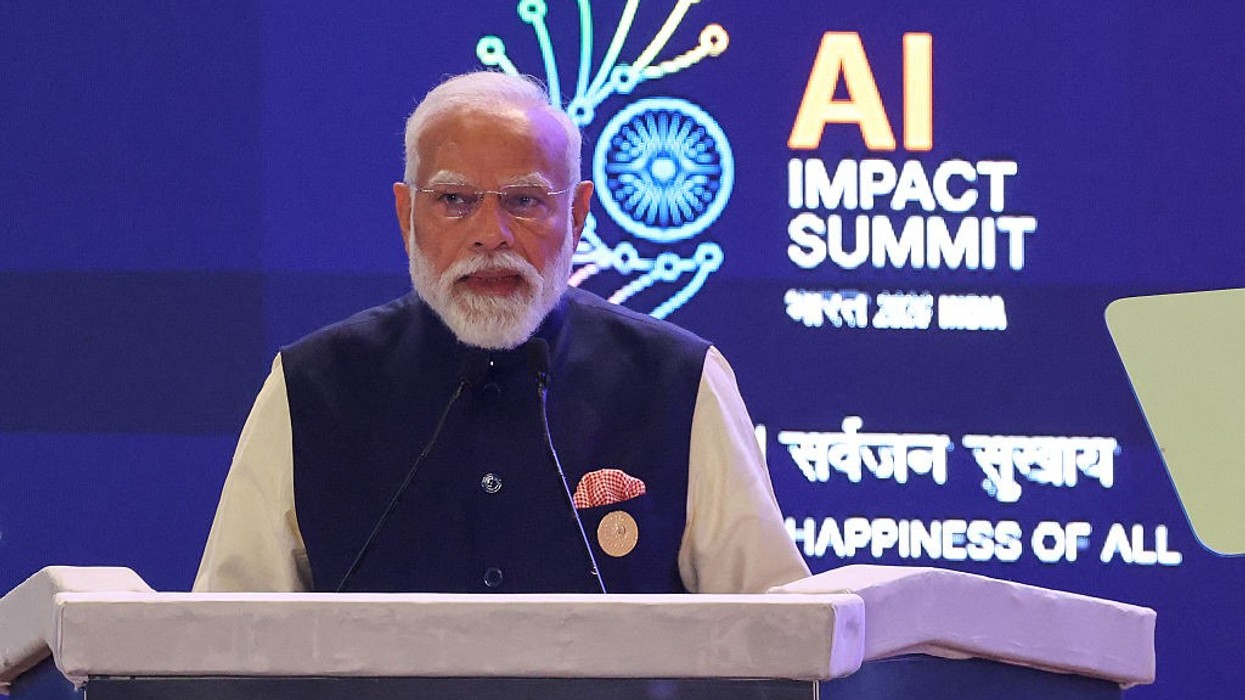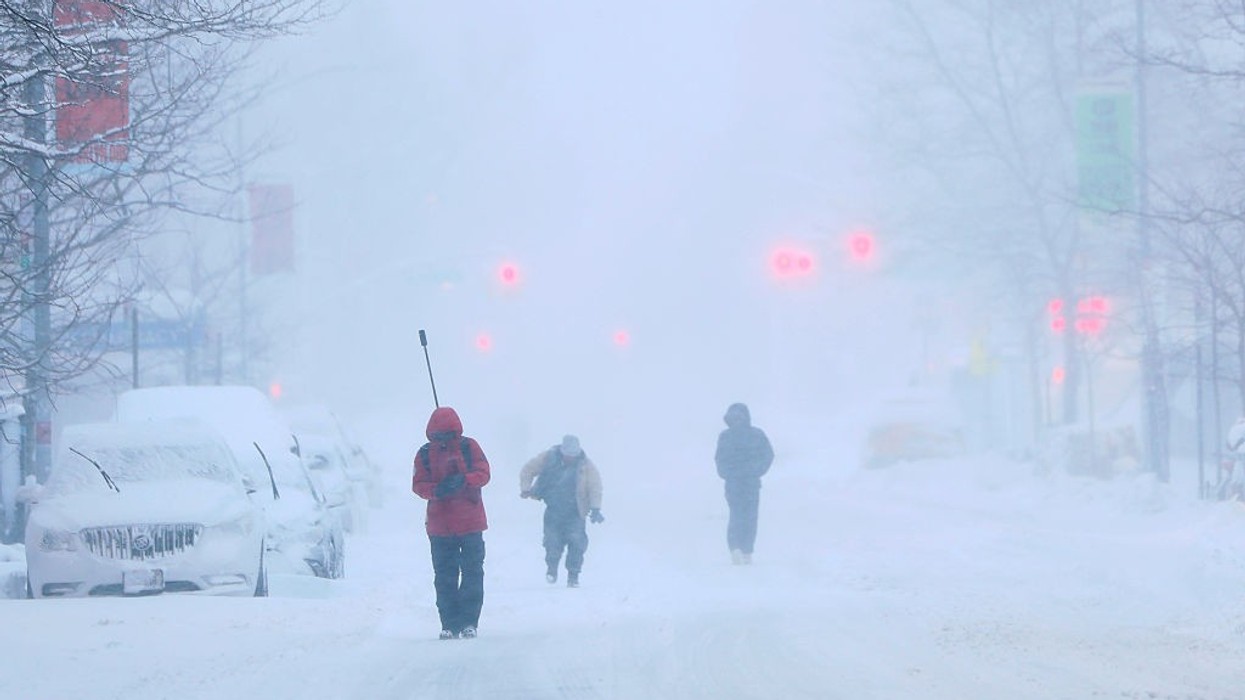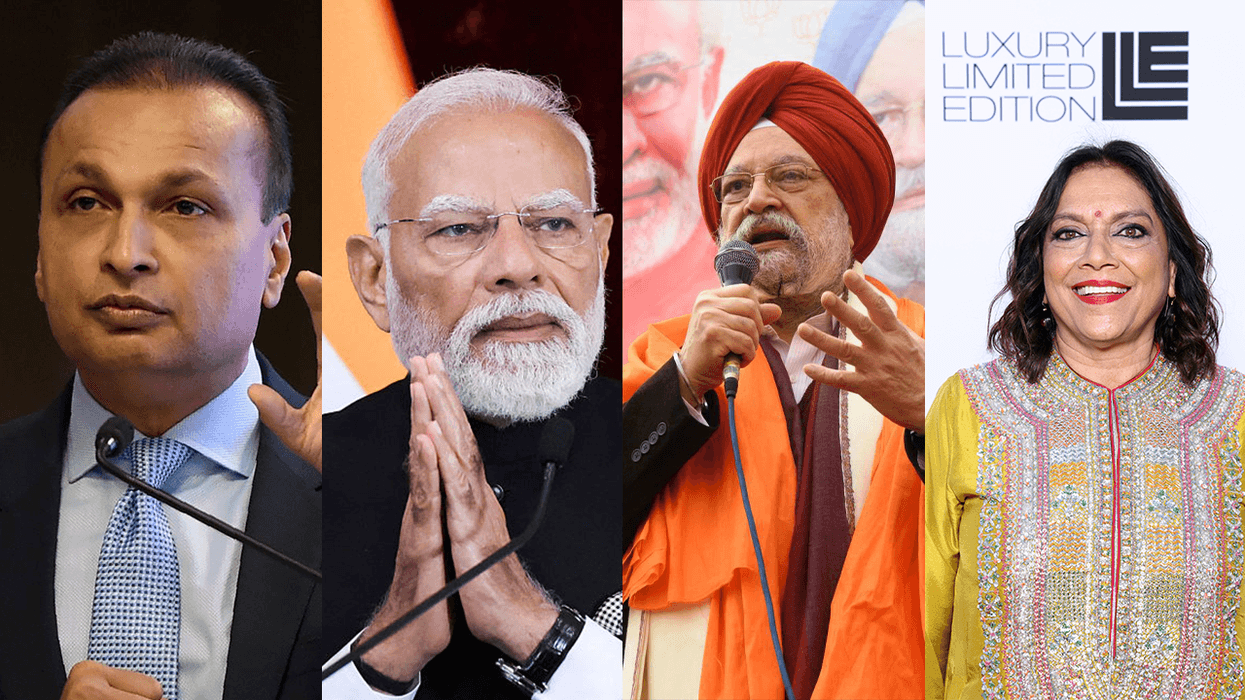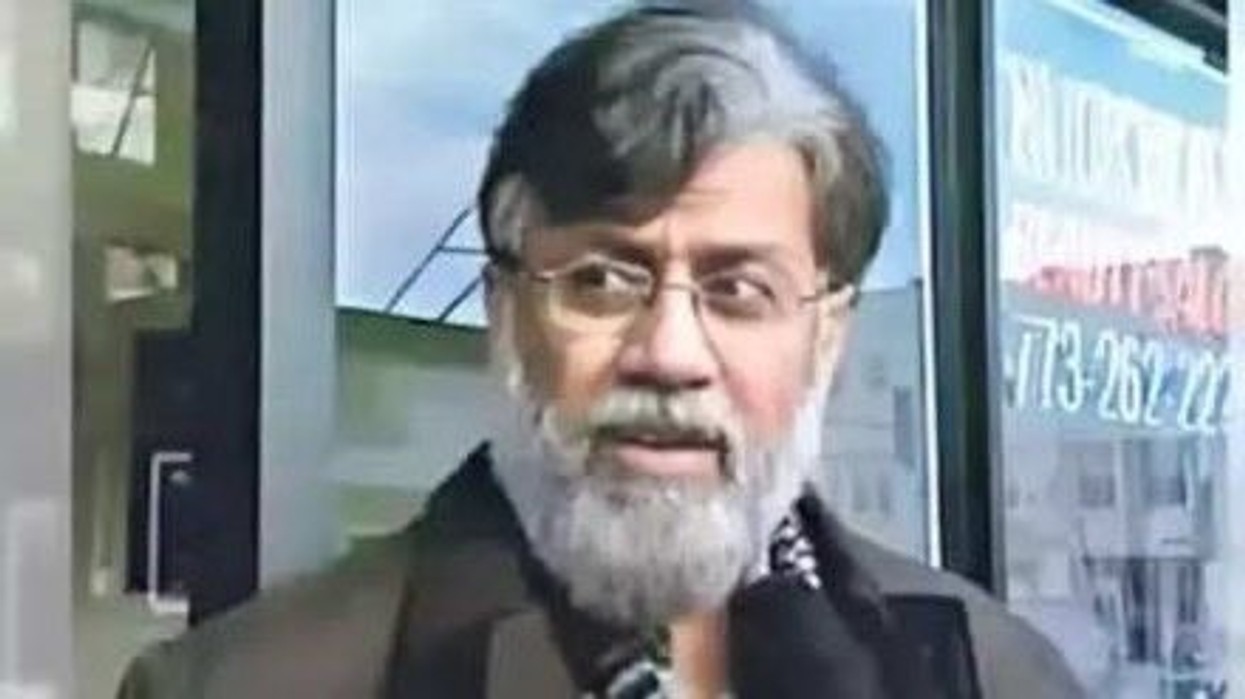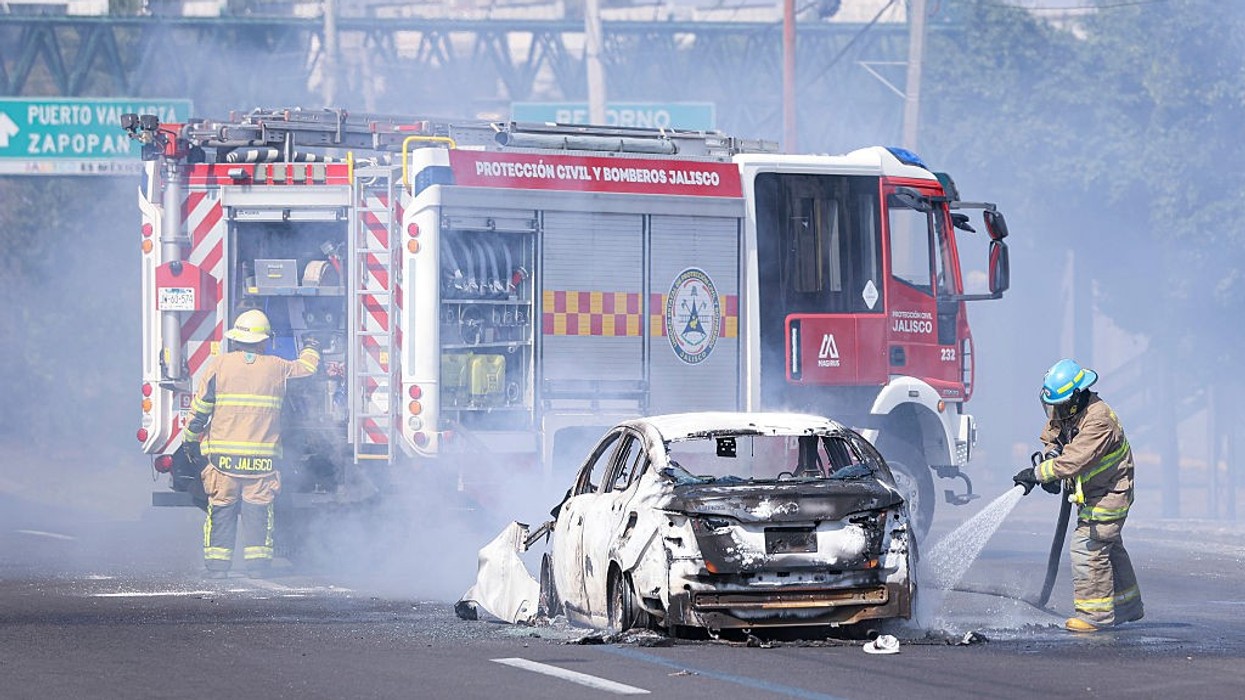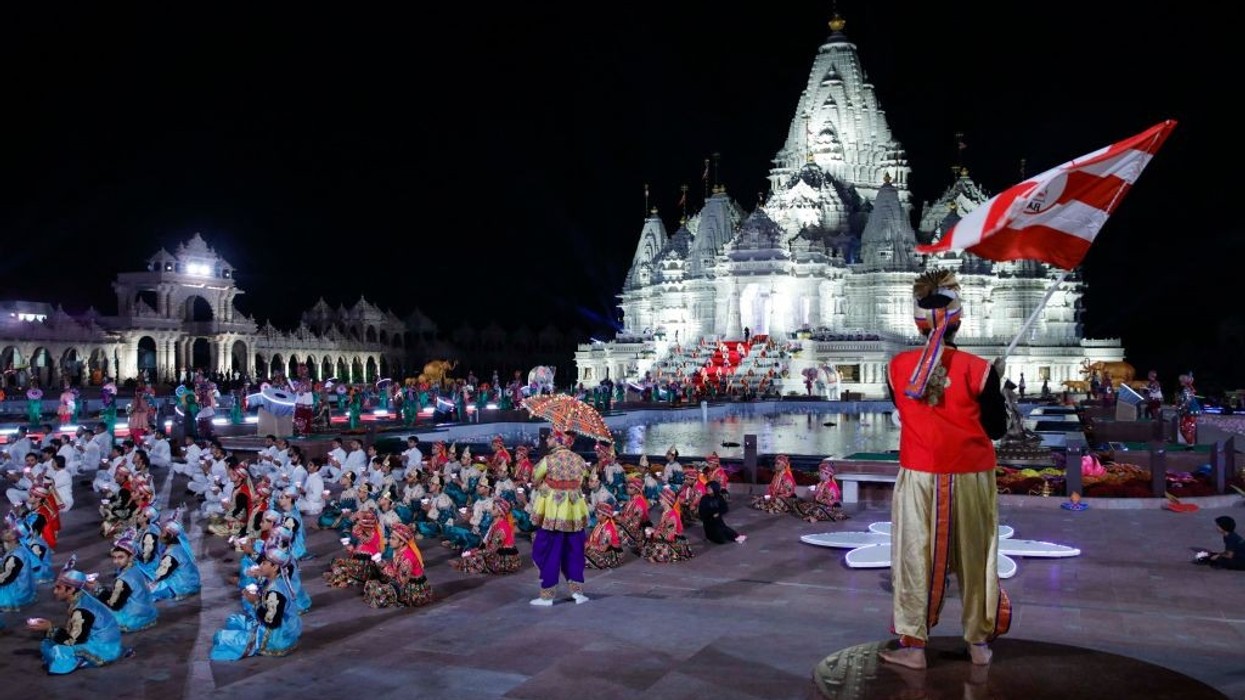- Trump calls “tariffs” his “favourite” and “most beautiful” word in the dictionary.
- India faces 50 per cent US tariffs, half of which Trump says is a penalty for buying Russian oil.
- Trump claims tariffs have made America “very rich,” bringing in trillions.
- He again asserted he “settled the war” between India and Pakistan, a claim India rejects.
Trade talks remain stalled over Russian oil and India’s refusal to open its farm and dairy markets.President Donald Trump once again put tariffs at the heart of his political message, calling it his 'favorite word in the dictionary' and even the 'most beautiful' word. Speaking on Tuesday (30) at the Marine Corps Base in Quantico, Virginia, where he addressed senior US military generals, Trump reinforced his tariff-first stance that has sparked ongoing friction with major economies, including India.
Trump claims 'trillions are coming into America' in tariff
“Other countries were taking advantage of us for years and years. Now we're treating them fairly,” he told the gathering. His comments came at a time when tariffs and import duties have become a sticking point between the US and India, complicating attempts to strike a trade deal.
Indian has been one of the hardest-hit countries by Trump's aggressive tariff policy, facing duties up to 50 per cent since August. According to Trump, half of that figure is a 'penalty' for India's continued purchase of Russian oil. At the United Nations recently, he went further, accusing both India and China of being 'primary funders' of Russia's war in Ukraine.
Trump claimed tariffs were enriching the US, boasting that 'trillions are coming into America ever since he went big on tariffs about two months ago.' He also exuded confidence that the Supreme Court would not strike down the tariffs, even though a lower court had previously ruled that only Congress had the authority to impose them. “This is what other nations have done to us,” Trump said in his defense.
His aggressive tariff push has had direct consequences on US-India trade negotiations. Talks that began in April reached a stalemate after heated statements from Trump and key officials like Commerce Secretary Howard Lutnick and adviser Peter Navarro.
Though relations saw a temporary thaw when Trump described Indian prime minister Modi as his 'good friend,' the US has remained firm on two non-negotiables: India must stop purchasing Russian oil and open its markets to American farming and dairy goods. India, on its part, has drawn a red line on agricultural imports and reiterated its sovereign right to decide its energy policy, pointing out that Washington had earlier encouraged purchases from Moscow to stabilize global oil prices.
India-Pakistan war claim
Despite multiple rounds of talks, including the latest just last week, a breakthrough remains elusive, with both sides having earlier suggested that a deal would be finalized by the fall season.
Adding another layer to his speech, Trump revived a familiar refrain: his clain of having 'settled the war' between India and Pakistan. “Pakistan-India was very big, both nuclear powers, I settled that,” he declared, referring to India’s Operation Sindoor in May, which followed a terror attack in Kashmir.
This was not the first time he has made the assertion; by his won count, he has repeated the claim over 40 times. India has consistently dismissed it as an affront to its soverignity, while Pakistan has largely supported his version, even backing his reported push for a Nobel Peace Prize.
Trump listed other conflicts he claims to have resolved, including Israel-Iran, Egypt-Sudan, Rwanda-Democratic Congo, Armenia-Azerbaijan, and Cambodia-Thailand. Fact-checkers, however, have challenged several of these assertions, noting inconsistencies in the wars he claims to have ended.
“We want to have no wars, but you have to be there. And, you know, sometimes you have to do it. I've settled so many wars. I've settled seven and yesterday we might have settled the biggest of them all,” Trump told his audience, with the final remark pointing toward his Gaza peace plan.
On the lighter side, Trump admitted he faced criticism for naming “tariffs” as his favourite word, saying the media mocked him for sidelining words such as “love,” “god,” “religion,” and “family.” He quipped that he now calls tariffs his “fifth favourite word” instead, though without softening his firm policy stance.
Whether as a tool of diplomacy, a bargaining chip in trade wars, or a rallying cry for his political base, tariffs remain central to Trump’s worldview. For India, however, they continue to be a stumbling block on the path to a long-awaited trade agreement.
